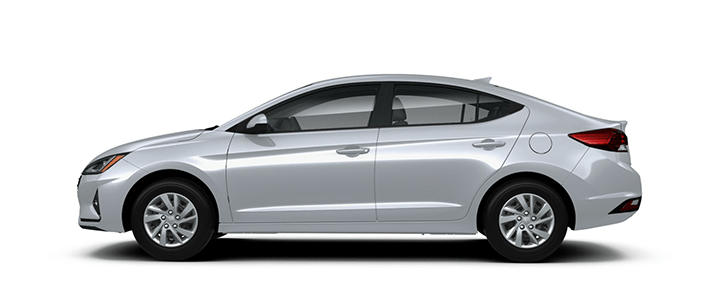Introduction to EV Maintenance
One of the key advantages of electric vehicles (EVs) is their lower maintenance needs. With fewer moving parts than traditional vehicles, EVs are less prone to wear and tear. Here are some of the essential maintenance tasks for EVs:
- Regular software updates to enhance performance and security.
- Regular inspections and replacements of tires, brakes, and wipers.
- Monitoring and maintaining battery health to ensure optimal range and efficiency.
How EV Maintenance Differs from Traditional Vehicle Maintenance
The maintenance requirements of EVs are quite distinct from traditional vehicles. Here's a comparison:
- No Oil Changes: With no internal combustion engine, EVs don’t require oil changes.
- Less Wear on Brakes: Thanks to regenerative braking, EVs put less strain on brake pads.
- Fewer Fluids: EVs require minimal fluids compared to traditional vehicles, simplifying maintenance tasks.
This simplified maintenance process leads to lower long-term costs and fewer visits to the mechanic.
Cost Implications and Savings
Owning an electric vehicle can result in significant savings on maintenance costs. Although EVs may have a higher upfront cost, the long-term savings on maintenance make them a cost-effective choice. Here are some cost-saving benefits:
- Lower Maintenance Costs: With fewer parts, EVs require less frequent repairs.
- Longer-Lasting Components: Batteries and electric motors are designed to last for years with minimal degradation.
- Incentives for EV Owners: EV manufacturers often offer generous warranties and provide incentives to promote sustainable vehicle ownership.
Tips for Extending the Lifespan of Your EV
To ensure your EV stays in top condition for years, consider these simple maintenance tips:
- Optimize Charging: Avoid extreme charging habits like overcharging or letting the battery run out completely.
- Check Tire Pressure: Properly inflated tires enhance performance and prevent unnecessary wear.
- Regular Software Updates: Keep your EV’s software up-to-date for optimal performance.
- Scheduled Inspections: Routine inspections can help detect issues before they become major problems.
